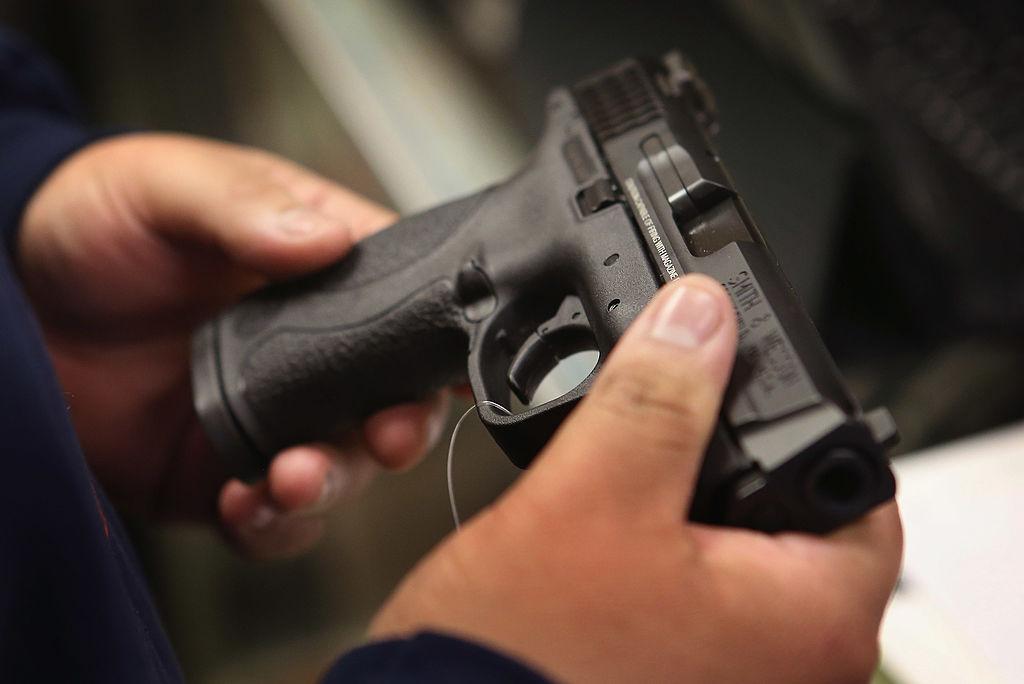
A customer shops for a pistol at Illinois sporting goods store. Scott Olson/Getty Images
The attorneys general for Arizona and Missouri are leading a coalition of 26 states that oppose a New York gun law as unconstitutional.
Allan Stein is a national reporter for The Epoch Times based in Arizona.
Author’s Selected Articles

